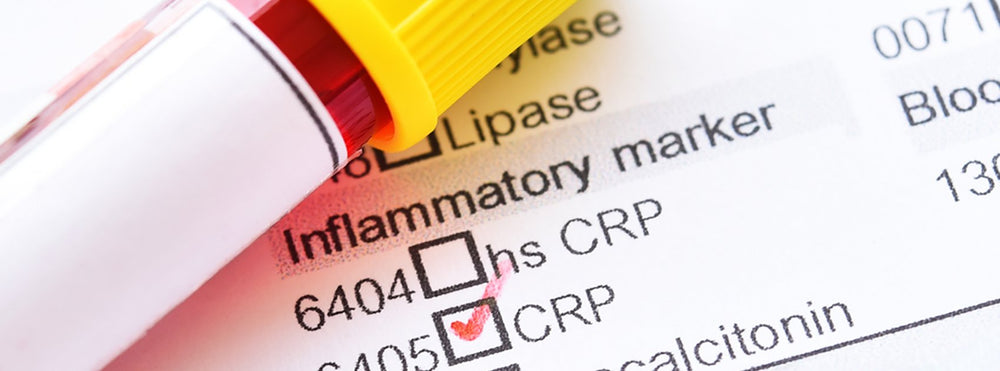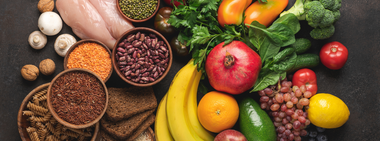Inflammation: The cardiovascular risk factor you might be missing

A published study looked at over 3000 patients with known heart disease, and stratified their outcomes according to their high sensitivity C-reactive protein levels (hsCRP), a measure of vascular inflammation.
What made the study especially interesting was that all of these individuals had LDL (bad) cholesterol levels below 70 mg/dL – meaning they were all “at goal” for cholesterol control and on statin drugs.
What the investigators found was that even among individuals who would be deemed low risk based upon LDL cholesterol levels, those with elevated inflammation (high hsCRP) levels had double the risk of experiencing a subsequent cardiac event (such as heart attack, stroke, death, stent/angioplasty, or bypass surgery). A normal hsCRP level is below 2 mg/L. The high risk individuals in this study had levels persistently above that point.
This study supports what we already know – that coronary and vascular disease is, in part, an inflammatory process. And that abnormal levels of inflammatory markers (like hsCRP) indicate the presence of plaque that is less stable and more prone to causing out of the blue events like heart attack, stroke and cardiac death. In fact, it is generally accepted that the reason statins reduce heart disease risk is as much related to their anti-inflammatory effects as it is to their cholesterol-lowering properties.
So what’s the missed opportunity here?
It was the conclusion of the researchers. They determined that what we should all be working diligently on is to develop and test more anti-inflammatory drugs! Yes, that’s an option. But how about addressing the CAUSE of inflammation instead?
Some of the biggest contributors to inflammation inside our bodies are smoking, stress, and DIET. And the most pro-inflammatory foods?
- processed meats (think ham and bacon)
- sugary drinks
- trans fats
- processed grains (think white bread, white pasta)
- processed snack foods (think chips and crackers)
- desserts, such as cookies, candy, and ice cream
In other words, items that are commonly found in most people's grocery carts. Excess alcohol can also be pro-inflammatory, which is one of the reasons why one serving of red wine might be protective for heart disease, but more is not necessarily better.
The investigators completely ignored all of these factors and moved straight to pharmaceuticals.
In my opinion, we jump to drugs too quickly. Especially when we haven’t even begun to exhaust lifestyle options.
So what should you take away from this week’s blog? That there’s more to heart disease than just a cholesterol number, and that there are many contributors we have control over. And that food affects everything. Which is why you should always make the best choice you can – one that is closest to the whole-food, plant based ideal.
Fortunately, for at least 2 food choices a day, Step One has you covered.

Tested & Proven Results.
- Cardiologist formulated
- Supported by over 500 publications
- Clinically-proven, in a double-blind randomized trial with Mayo Clinic and The University of Manitoba
80% of participants lowered their cholesterol in just 30 days. With just two servings per day, Step One Foods offers a proven-effective way to naturally lower LDL (bad) cholesterol.
Get heart health tips and articles like this, delivered right to your email.
New articles every week.
You may also like...

Insulin Resistance, Prediabetes and Type 2 Diabetes. Part 4: Un-Doing It.

You don’t need to avoid foods with cholesterol…except for these



